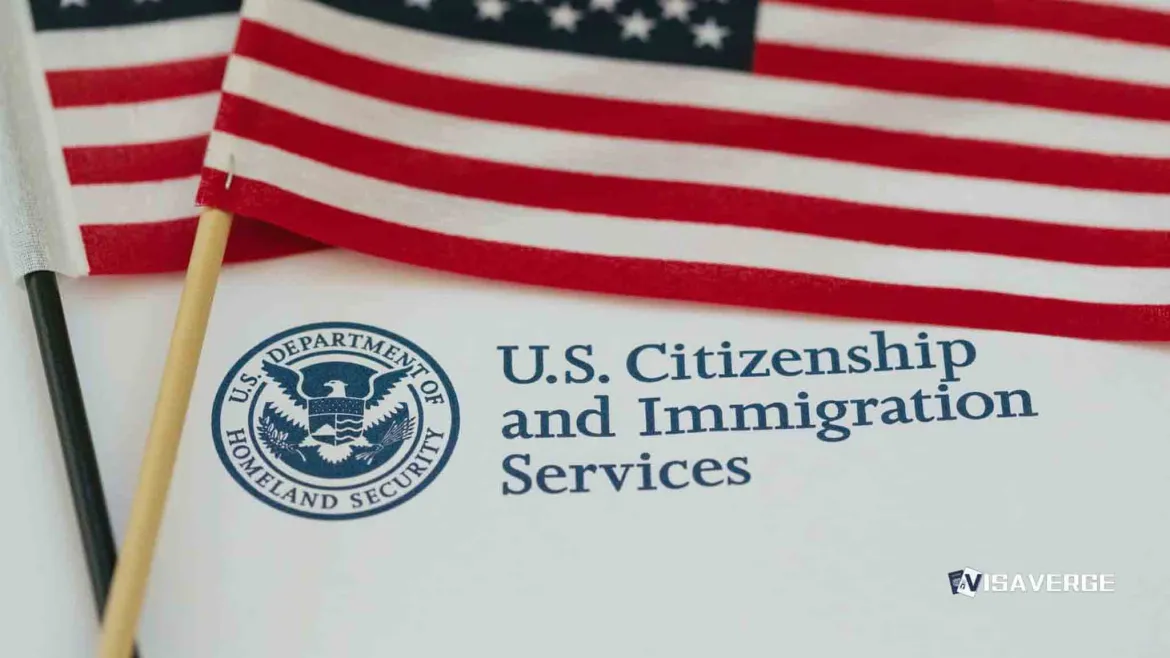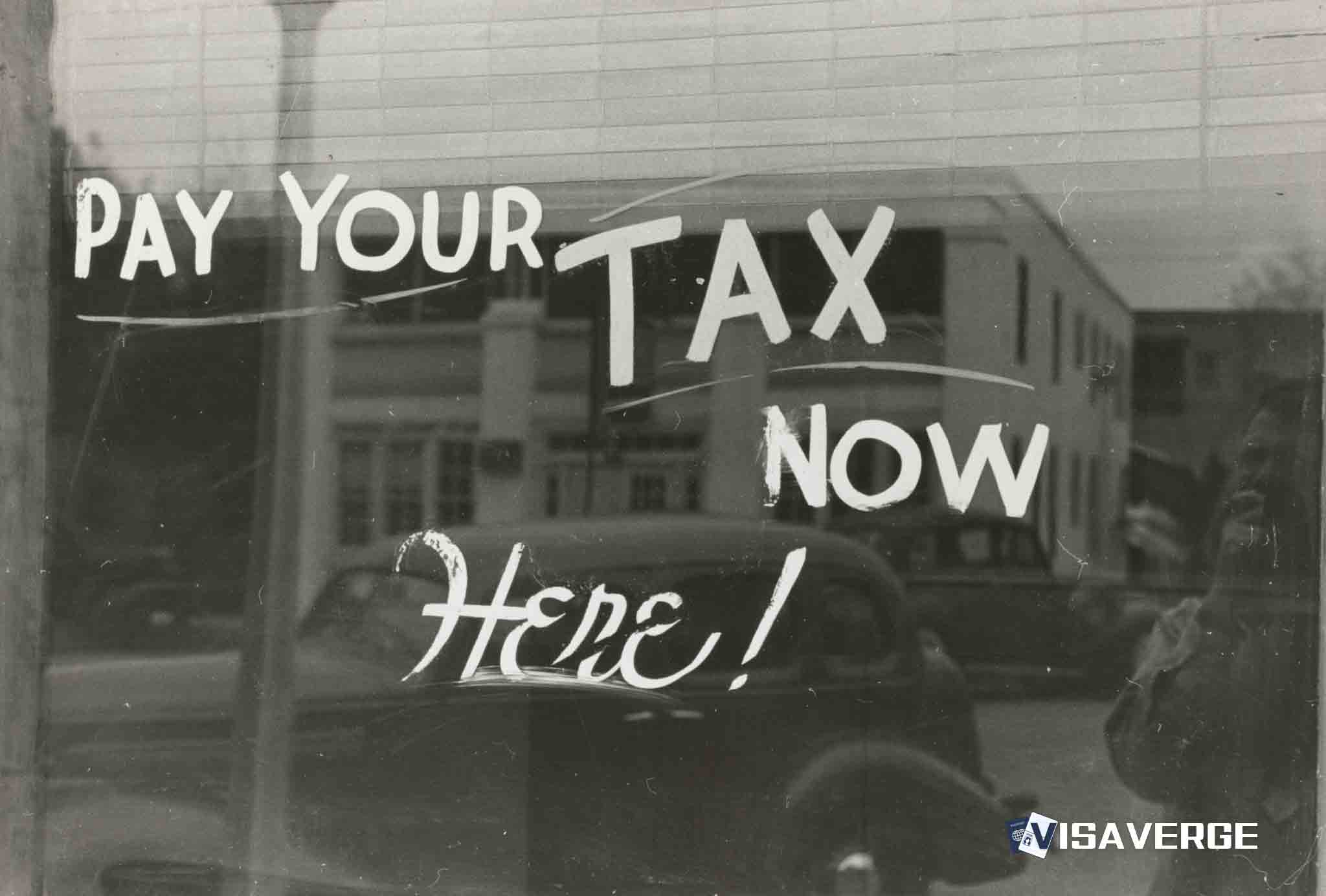Key Takeaways
01
State and local governments must comply with FLSA, ensuring minimum wage, overtime pay, and child labor law adherence.
02
Understanding exemptions in FLSA is crucial for managing compliance, affecting roles like executive and administrative employees.
03
Robust compliance strategies, including training and auditing, help prevent misclassification and ensure lawful workforce management.
Navigating FLSA: A Guide for Governments
State and local governments must navigate the complex landscape of the Fair Labor Standards Act (FLSA) to ensure they meet federal labor requirements, from minimum wage to child labor laws.

Why it matters: Compliance with the FLSA is crucial for maintaining fair treatment of government employees and avoiding costly legal battles.
The big picture:
– Minimum wage: The FLSA sets a federal minimum wage of $7.25 per hour, with higher local rates taking precedence.
– Overtime: Government employees working over 40 hours a week are entitled to overtime pay unless exempt under specific criteria.
What they’re saying: VisaVerge.com emphasizes, “Staying informed ensures a harmonious balance between employee rights and governmental efficiency.”
Between the lines:
– Exemptions: Executive, administrative, and professional employees may be exempt from overtime.
– Child labor compliance: Strict guidelines restrict employment conditions for those under 18, aiming to protect young workers.
State of play: Governments must maintain meticulous records of employee hours and wages, storing this data for at least three years to meet federal standards.
Yes, but: Common challenges include misclassification of employees and improper overtime calculations, which can lead to non-compliance risks.
By the numbers:
– 3 years: Minimum duration for record retention.
– 40 hours: Standard weekly threshold for overtime eligibility.
The bottom line: To uphold fair labor practices and avoid legal pitfalls, governments need to implement robust compliance strategies, embracing ongoing education and proactive audits. Resources from the Department of Labor offer vital guidance to navigate these complex regulations.
Taking a Closer Look
Introduction
State and local governments across the United States 🇺🇸 play crucial roles in employing a diverse workforce, ranging from public safety officers to educators and administrative staff. A key aspect of managing this workforce involves understanding and complying with the Fair Labor Standards Act (FLSA), a federal law designed to establish minimum wage, overtime pay, recordkeeping, and child labor standards. Compliance with these regulations is vital to ensure fair treatment of employees, uphold lawful employment practices, and avoid potential legal challenges.
In this guide, we will explore the FLSA obligations specifically for state and local governments. We’ll dive into the intricacies of federal labor law compliance, highlighting the essential steps and cautioning about common pitfalls that can arise in the adherence process.
1. Grasping the Basics of FLSA
Before delving into specific obligations, it’s essential to understand what the FLSA is. Established in 1938, this federal law mandates minimum wage and overtime pay while regulating the employment of minors. While originally tailored for private sector employees, FLSA’s reach has extended over the years to include government workers. The act aims to ensure a fair and equitable labor environment.
2. Determining Coverage under FLSA
State and local governments must first ascertain whether they fall under FLSA coverage. Generally, the FLSA covers state and local government employees except for those in legislative or judicial capacities. To ensure coverage, FLSA Obligations need careful examination of roles, duties, and responsibilities as outlined by federal labor standards.
3. Wage and Hour Requirements
Minimum Wage: As of now, the FLSA mandates a federal minimum wage of $7.25 per hour. State and local governments must ensure that their employees earn at least this amount unless their state or locality has set a higher minimum wage. For instance, if a city or state enforces an $8.00 minimum wage, that rate prevails.
Overtime Pay: Employees who work more than 40 hours a week are generally entitled to overtime pay at a rate of one and one-half times their regular pay. Important: Certain “white-collar” exemptions apply, involving executive, administrative, and professional employees who meet specific criteria.
4. Understanding Exemptions
Exemptions can significantly affect compliance with FLSA. Importantly, not all governmental employees qualify for overtime. The act identifies various exemptions based on job duties and salary levels. Key categories include:
- Executive exemption: Involves employees whose primary duty is management.
- Administrative exemption: Applies to employees engaged in office or non-manual work directly related to management policies.
- Professional exemption: Pertains to employees performing work requiring advanced knowledge.
5. Navigating Recordkeeping Demands
Attention to detail in recordkeeping is essential. State and local governments need to maintain accurate records of hours worked, wages paid, and personal employee information as per federal labor law compliance standards. These records should be kept for at least three years and should include:
- Employee’s full name and social security number
- Address, including zip code
- Birth date, if younger than 19
- Sex and occupation
- Time and day of the week when the employee’s workweek begins
- Hours worked each day
- Total hours worked each week
6. Addressing Child Labor Laws
When hiring minors, government entities must comply with FLSA child labor provisions. These provisions restrict the hours and conditions of work for individuals under 18. They prohibit the employment of anyone under 14 in most non-agricultural jobs and limit the types of jobs and the number of hours minors aged 14 to 15 can work.
7. Successfully Implementing Compliance Strategies
A robust compliance strategy involves ongoing education and monitoring. Tools like training programs and regular audits can help local and state governments ensure they meet FLSA obligations. Establish clear policies regarding overtime eligibility, documentation processes, and updates to payroll systems.
8. Identifying Common Compliance Challenges
State and local governments may encounter common stumbling blocks such as misclassification of employees and inadequate overtime calculations. Misclassifying an employee as exempt may violate FLSA, leading to legal complications. Regular training for HR personnel and clear-cut job descriptions can mitigate these risks.
9. Exploring Real-World Case Studies
Drawing upon real-life examples provides valuable lessons. For example, some local governments faced lawsuits due to non-compliance, highlighting the need for diligent adherence to FLSA regulations. Analyzing such cases uncovers preventive measures that others can adopt.
Conclusion
By understanding FLSA obligations, state and local governments can foster fair employment practices and avoid costly legal challenges. They should meticulously review their compliance strategies, keeping abreast of both federal labor law compliance standards and any evolving local regulations. Resources like the Department of Labor website offer detailed insights and updates. As VisaVerge.com suggests, “staying informed and proactive ensures a harmonious balance between employee rights and governmental operational efficiency.”
For further information on FLSA compliance and specific guidelines, the U.S. Department of Labor provides comprehensive resources here.
By integrating these practices, government entities can achieve lawful, efficient, and fair managing of their workforce while fulfilling FLSA Obligations.
Learn Today
FLSA (Fair Labor Standards Act): Federal law ensuring minimum wage, overtime pay, recordkeeping, and child labor standards in employment.
Exemptions: Specific criteria within FLSA, exempting certain employees from overtime pay based on roles and salary.
Overtime Pay: Additional compensation at one and one-half times regular pay for employees working over 40 hours weekly.
Recordkeeping: Process of maintaining detailed employment records such as hours worked and wages paid, crucial for compliance.
Child Labor Laws: Regulations under FLSA restricting work types and hours for minors, ensuring safe and appropriate employment.
This Article in a Nutshell
State and local governments are navigating the complexities of the Fair Labor Standards Act (FLSA). This federal law ensures fair wages and working conditions. For smooth compliance, governments must grasp wage, hour, and exemption rules. Proactive strategies like training and audits can prevent pitfalls, safeguarding employee rights while enhancing operational efficiency.
— By VisaVerge.com
📚
Related Articles
01
FLSA Compliance Guide for Retail Businesses
→
02
FLSA Compliance Guide for Security and Maintenance Services
→
03
Breaking Down the DOL Contractor Rule: Exploring the Lawsuits & Impacts
→
04
Managing an Employee with Serious Illness on a PERM Application: Employer’s Response and Employment Status
→








